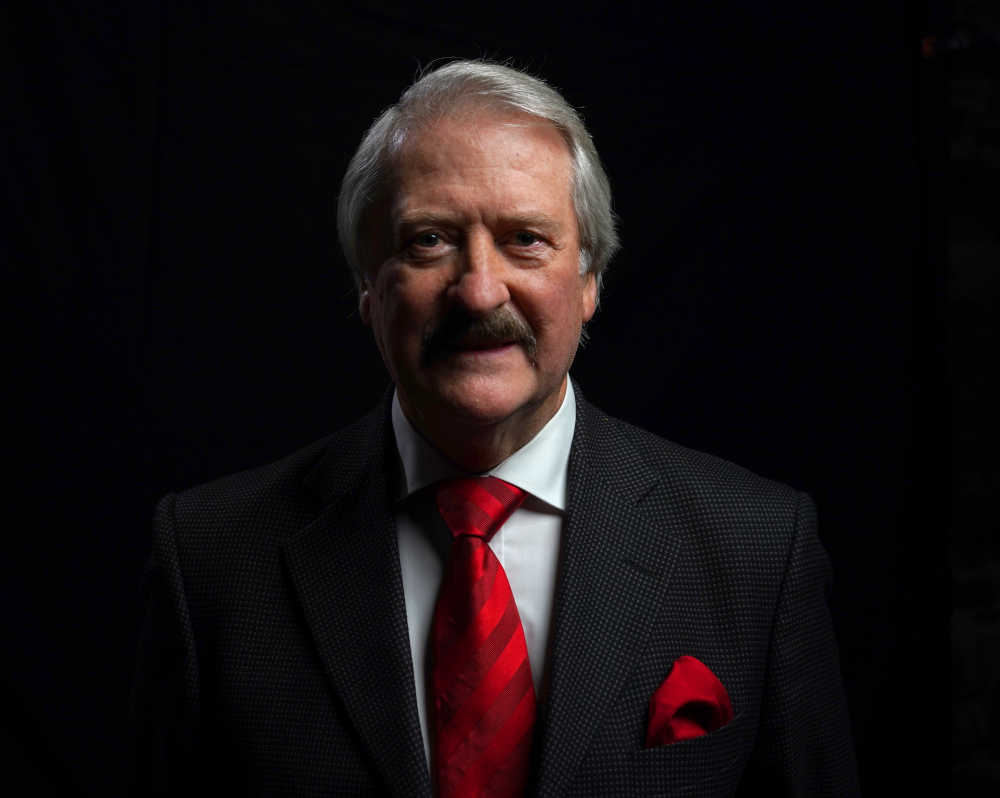SCOTLAND’s most famous Master Blender has joined the Wolfcraig project to create a new distillery in the heart of Scotland.
Richard Paterson was appointed the Master Blender for the Wolfcraig Distillery near Stirling while continuing his commitments with popular Whisky Whyte & Mackay.
He was drawn to the project by his passion for Scotch Whisky and will paly a leading role in the creation of a new distillery.
Richard is a third generation Master Blender following in the footsteps of his father and grandfather and has developed a reputation as one of the greatest whisky makers of his generation.

The famous whisky maker even has gained the nickname “the nose” for his olfactory skills that allows him to smell every part of the whisky.
Richard’s tenacity in pushing boundaries has driven him to develop some of the world’s most collectable and valuable Single Malts.
He has gathered a lot of awards over his career and very few whisky makers have his knowledge or experience. He has won the Icon of Whisky Lifetime Achievement, winner of the ‘Spirit of Scotland’ Trophy and his induction into the Whisky Magazine Hall of Fame.
It is Richard’s continued passion for Scotch Whisky which drew him to the Wolfcraig project, and to play a leading role in the foundation of a new distillery, in the heart of Scotland.
Richard Paterson, said: “This will be an opportunity for me to use all the knowledge I have learned over 55 years in the business to create a truly exceptional Highland Single Malt, one that can be enjoyed the world over.”
The Wolfcraig Distillery project recently submitted an application for a new whisky experience near Stirling that will incorporate the distillery, an interactive, education-focused family visitor attraction, private tasting room and 180-cover bistro restaurant and bar.
The distillery will have the capacity to produce up to 1.5 million litres of spirit per year and will focus on producing premium Wolfcraig Highland Single Malt Scotch Whisky in addition to a range of other associated spirits.
The new distillery is estimated to cost about £15 million to build and could create a new boom for the local economy.
